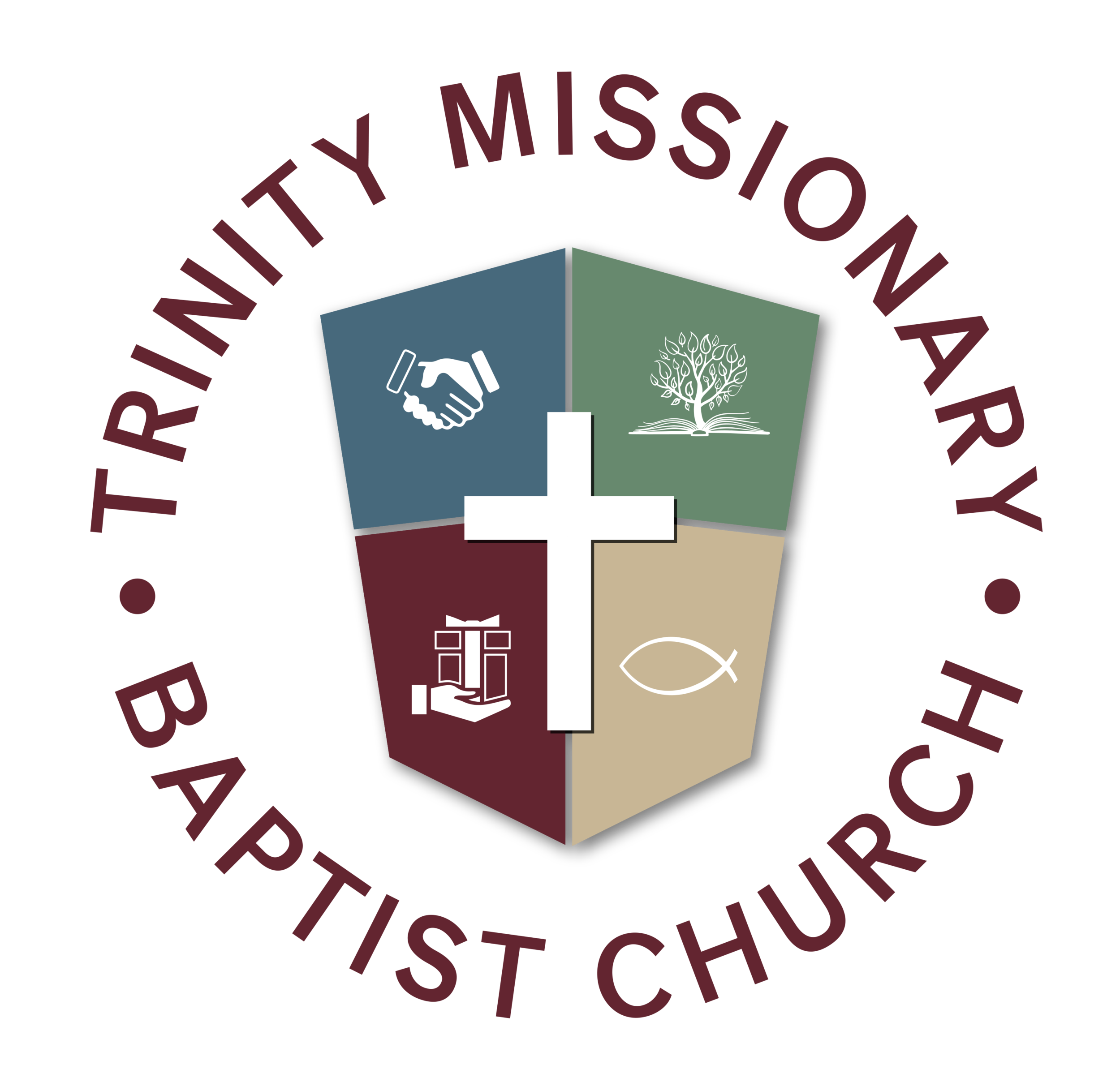"They Love A Fellow Over There"
The evangelist Dwight L. Moody once said, "Show me a church where there is love, and I will show you a church that is a power in the community." In Chicago, a little boy attended Sunday school at a church near his home. When his parents moved to another part of the city, the little fellow still attended the same Sunday school, although it meant a long, tiresome walk each way. A friend asked him why he went so far and told him that there were plenty of other churches just as good nearer his home. The little boy said, "They may be as good as others, but not for me." "Why not?" his friend asked. He quickly responded, "Because they love a fellow over there."
Many people are looking for a church where they can experience love and acceptance. Churches are in a powerful position to provide love, acceptance, encouragement, and support to those who have special needs. In A Healing Homiletic, Kathy Black (1996) posited that churches should be places where people with disabilities and special needs can experience interconnectedness and interdependency (p. 34). People with disabilities should feel a mutual connection to the congregants of their church family (p. 38). Also, those with special needs should never be criticized for their dependency on others (p. 40). The church should welcome opportunities to teach all congregants the significance of interdependency, since everyone in some way or another is dependent on someone or something for daily mobility or sustainability (p. 41). One of the powerful things about interdependence is that "it acknowledges not only our dependence on God and one another but also God’s dependence on us (not that God needs us) to be agents of God’s healing compassion in the world" (p. 42).
Trinity, our church should be a place of interconnectedness and interdependency. Momentarily, engaging these two concepts is incredibly challenging because of the COVID-19 pandemic and our need to practice social distancing. Temporarily, we may have lost the ability to engage in physical connectedness and dependency. However, we can find innovative ways to stay connected. We can work synergistically to encourage those who depend on Trinity to have people who consistently make others feel loved and accepted. We want to connect with people to the extent that when questioned about their choice of communal worship, education, and training, the response will be, "They love me over there."
Principles and Scriptures
Loving others requires interconnectedness
"I do not ask for these only, but also for those who will believe in me through their word, that they may all be one, just as you, Father, are in me, and I in you, that they also may be in us, so that the world may believe that you have sent me" (John 17:21, ESV).
"For just as the body is one and has many members, and all the members of the body, though many, are one body, so it is with Christ. For in one Spirit we were all baptized into one body—Jews or Greeks, slaves or free—and all were made to drink of one Spirit" (1 Cor. 12:12-13, ESV).Loving others requires interdependency
"The eye cannot say to the hand, ‘I have no need of you,’ nor again the head to the feet, ‘I have no need of you.’ Now you are the body of Christ and individually members of it." (1 Cor. 12:21, 27, ESV).Loving others requires honesty, self-control, surrender, healthy communication, and forgiveness
"Be angry and do not sin; do not let the sun go down on your anger, and give no opportunity to the devil. Let the thief no longer steal, but rather let him labor, doing honest work with his own hands, so that he may have something to share with anyone in need. Let no corrupting talk come out of your mouths, but only such as is good for building up, as fits the occasion, that it may give grace to those who hear. And do not grieve the Holy Spirit of God, by whom you were sealed for the day of redemption. Let all bitterness and wrath and anger and clamor and slander be put away from you, along with all malice. Be kind to one another, tenderhearted, forgiving one another, as God in Christ forgave you" (Ephesians 4:26-32, ESV).Remember: When a person has a disability or disabilities, he or she may not like being called "handicapped" or "disabled." A better word choice would be "people with disabilities." Some people do not take time to consider the impact of their words, which may cause harm to the person on the receiving end. In 35 Dumb Things Well Intended People Say, Maura Cullen wrote, "The sooner we are able to understand the impact our words or actions have on others, the sooner we will transform the quality of our interaction" (p. 18).
